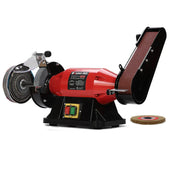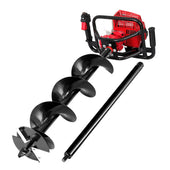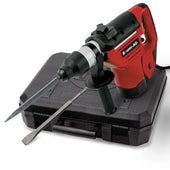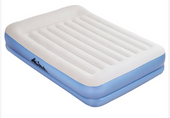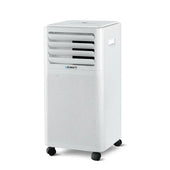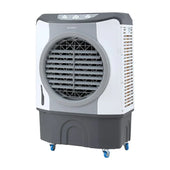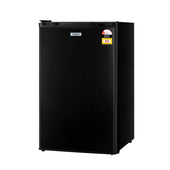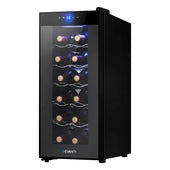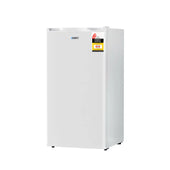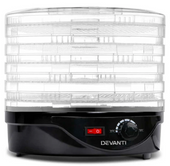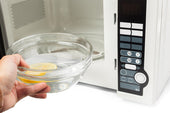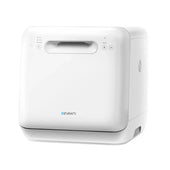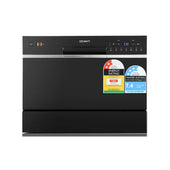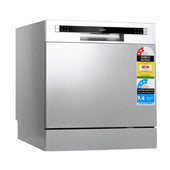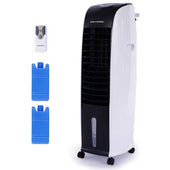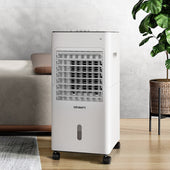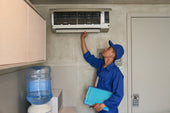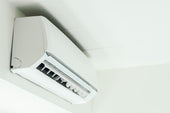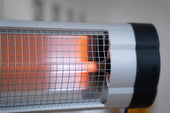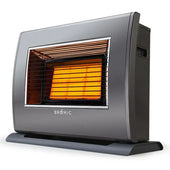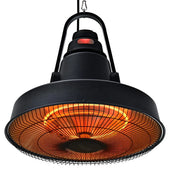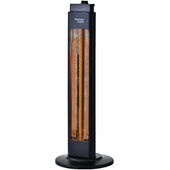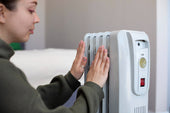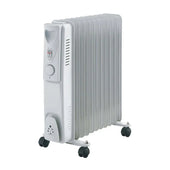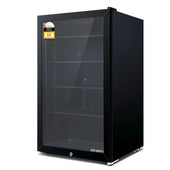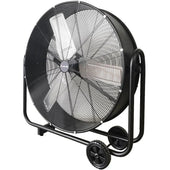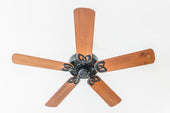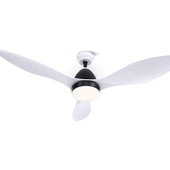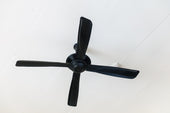What Are Heat Pump Water Heaters and How Do They Work?
Heat pump water heaters (HPWHs) are advanced systems designed to heat water efficiently by utilising electricity to move heat rather than generating it directly. They operate similarly to a refrigerator but in reverse. A heat pump extracts ambient heat from the surrounding air, transfers it to the water tank via a refrigerant-filled coil system, and warms the water.
This process involves four key components: the evaporator, compressor, condenser, and expansion valve. As highlighted by During Days by leveraging renewable energy sources from air, HPWHs offer reduced energy consumption compared to traditional electric resistance water heaters, making them an eco-friendly choice for households.
Understanding the Initial Investment: Costs and Installation
The upfront cost of a heat pump water heater often exceeds that of conventional models. Prices typically range from £900 to £2,000, depending on the unit's size, efficiency rating, and brand. Installation costs may add an additional £500 to £1,500, based on complexity and location. Factors like access to the water system, electrical upgrades, or specialised labour can further influence expenses.
However, heat pump water heaters may qualify for government rebates or incentives, potentially offsetting a portion of these expenses. Buyers are encouraged to research local programmes. Proper installation ensures optimal performance, so professional assistance is highly recommended.
Energy Efficiency Explained: How Heat Pump Water Heaters Save Money
Heat pump water heaters operate by transferring heat from the surrounding air to the water, rather than generating heat directly. This innovative process reduces energy consumption significantly compared to traditional electric water heaters. By utilising a refrigerant-driven system similar to air conditioners, heat pumps efficiently extract heat energy, even in cooler environments.
One major advantage is that they often use only one-third to one-half as much electricity, lowering energy bills. Additionally, their design benefits from dual purposes, as they can slightly cool and dehumidify the air around them while heating water. These savings make them a financially viable option for homeowners aiming to reduce energy usage.
Environmental Benefits of Heat Pump Water Heaters
Heat pump water heaters (HPWHs) offer substantial environmental advantages over traditional water heaters. Their high energy efficiency reduces the demand for electricity, leading to fewer greenhouse gas emissions from fossil fuel-based power generation. Unlike gas-powered heaters, HPWHs do not release combustion emissions directly into the atmosphere.
They also rely on renewable air heat rather than burning fuels, contributing to a reduction in carbon footprint. This helps mitigate climate change and lowers dependency on finite energy resources. Furthermore, when paired with a renewable energy source like solar power, HPWHs operate nearly carbon-free, amplifying their ecological benefits.
Potential Downsides: Are There Any Disadvantages?
Heat pump water heaters, while efficient, are not without drawbacks.
- Higher Initial Cost: These systems often come with a higher upfront price compared to conventional water heaters, making them less accessible for some budgets.
- Space Requirements: They require adequate space for installation and airflow, which might be limiting in smaller homes or apartments.
- Noise Levels: The compressor and fan can generate noticeable noise, potentially disrupting quieter areas.
- Performance in Cooler Climates: Efficiency drops in colder environments, which may limit their appeal in such regions.
- Maintenance Needs: Regular maintenance may be required to ensure optimal operation and prevent issues, adding to overall costs.
Comparing Heat Pump Water Heaters to Traditional Systems
Heat pump water heaters differ significantly from traditional systems both in design and operation. Traditional systems, such as electric or gas water heaters, rely on direct energy conversion to generate heat. In contrast, heat pump water heaters transfer ambient heat from the surrounding air to heat water, making them highly energy-efficient.
Traditional systems often operate at lower initial installation costs but tend to consume more energy over time. Heat pump models may involve higher upfront costs but offer savings on energy bills. Additionally, heat pumps typically require ample space for airflow, whereas traditional units are more compact and versatile in placement. These differences influence their suitability for specific homes.
Maintenance and Lifespan: What to Expect
Heat pump water heaters require regular yet simple maintenance to perform effectively over their lifespan. It is advised to inspect the air filter every few months and clean it if necessary to ensure optimal airflow. The anode rod, which prevents tank corrosion, should be checked every 2 to 3 years and replaced if significantly eroded. Flushing the tank annually helps to remove sediment buildup, which can impact efficiency.
With proper care, heat pump water heaters can last between 10 and 15 years, comparable to traditional water heaters. Repair costs may be higher due to specialised components, but energy savings can offset these expenses over time.
Who Should Consider a Heat Pump Water Heater?
Heat pump water heaters are ideal for homeowners looking to reduce energy costs while adopting environmentally friendly solutions. Those who live in regions with moderate to warm climates benefit most from their efficiency, as higher ambient temperatures enhance their performance. Individuals with sufficient space for installation—typically in basements, garages, or utility rooms—should also consider this option since these units require ample air circulation.
Families with higher hot water demands may find the upfront investment worthwhile due to long-term savings. Furthermore, people interested in upgrading an older, inefficient water heating system or pursuing rebates and tax incentives should evaluate this advanced technology.
Rebates, Incentives, and Long-Term Savings
Heat pump water heaters often qualify for various rebates and incentive programmes, making them more affordable upfront. Utility companies and government initiatives frequently offer cash-back rebates or credits to promote energy-efficient appliances. These cost reductions lower the initial investment, which is typically higher than conventional water heaters.
Additionally, heat pump water heaters can result in significant savings on energy bills due to reduced electricity usage, as they are up to three times more efficient than traditional water heaters. Over time, these savings can offset their purchase price. When evaluating the financial benefits, factoring in available incentives and reduced energy costs enhances their appeal.
Key Considerations Before Making the Switch
When evaluating a heat pump water heater, several key aspects warrant careful consideration.
- Initial Costs: Heat pump water heaters often require a higher upfront investment compared to traditional systems. Assess budget constraints and potential long-term savings.
- Energy Efficiency: These units are highly energy-efficient, but their performance varies based on installation location and climate. They work best in warmer environments.
- Space Requirements: Sufficient surrounding space is essential for optimal airflow and efficiency. Basements and utility rooms are ideal installation areas.
- Maintenance Needs: Regular upkeep is necessary to maintain efficiency. Filters and components must be serviced periodically.
- Compatibility with Home Systems: Ensure the existing infrastructure and electrical capacity align with installation needs.
Careful planning is vital before switching.
Real-World Experiences: Reviews and Testimonials
Homeowners who have installed heat pump water heaters often highlight several key advantages and drawbacks from their experiences:
- Energy Performance: Many users report notable reductions in energy bills, with some claiming savings of up to 50% compared to traditional water heaters.
- Noise Levels: Feedback varies, with a few noting that the unit’s compressor generates a mild hum, particularly in small spaces.
- Installation Convenience: Those with proper ventilation space find the installation process straightforward, while others mention additional requirements in tighter areas.
- Environmental Impact: Users appreciate their lower carbon footprint, especially those prioritising sustainable living.
- Maintenance: Testimonials suggest minimal upkeep, though regular filter checks are recommended.
Overall, reviews provide valuable insights into the lived experience of utilising these systems.
Is a Heat Pump Water Heater Right for You? Final Thoughts
Heat pump water heaters offer distinct advantages, but their suitability depends on various factors. Homeowners should consider the system's energy efficiency, cost savings, and environmental impact. These units perform best in warmer climates and spaces with sufficient ambient heat for optimal operation.
Factors such as initial investment, space requirements, and installation complexity should be evaluated. Properties with high humidity, limited ventilation, or colder regions may find efficiency reduced.
Ultimately, individuals with larger households or significant hot water needs may benefit more. Before deciding, consulting a professional can clarify compatibility with existing infrastructure and provide insights into long-term value.




















































